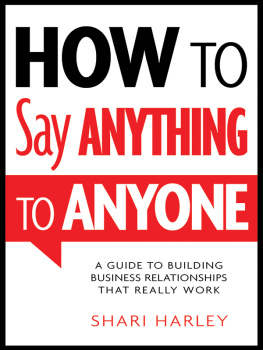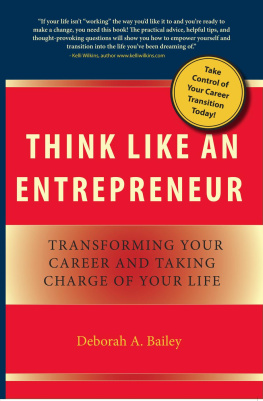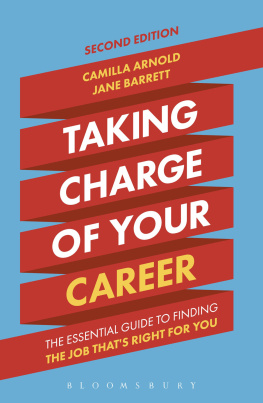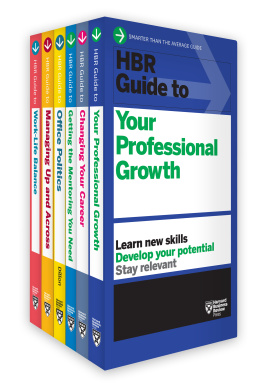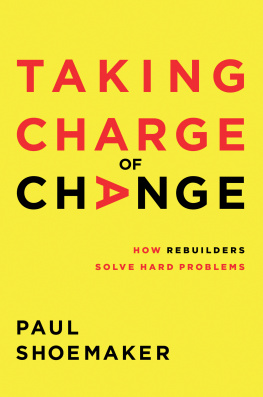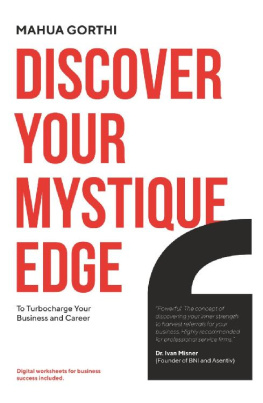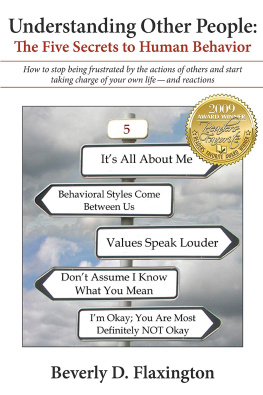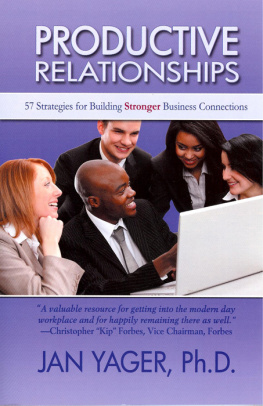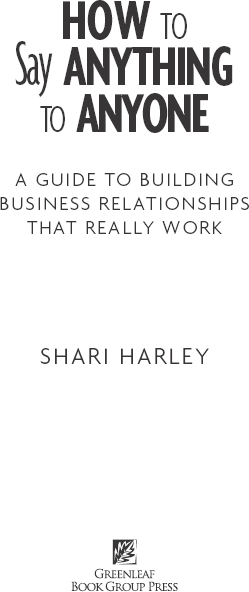
This publication is designed to provide accurate and authoritative information in regard to the subject matter covered. It is sold with the understanding that the publisher and author are not engaged in rendering legal, accounting, or other professional services. If legal advice or other expert assistance is required, the services of a competent professional should be sought.
Published by Greenleaf Book Group Press
Austin, Texas
www.gbgpress.com
Copyright 2013 Shari Harley
All rights reserved.
No part of this book may be reproduced, stored in a retrieval system, or transmitted by any means, electronic, mechanical, photocopying, recording, or otherwise, without written permission from the copyright holder.
Distributed by Greenleaf Book Group LLC
For ordering information or special discounts for bulk purchases, please contact Candid Culture at 700 N. Colorado Blvd., #410, Denver, CO 80206, 303.863.0948, .
Design and composition by Molly Moore
Cover design by Molly Moore
Ebook ISBN: 978-1-60832-559-7
Ebook Edition
CONTENTS
I N T R O D U C T I O N:
THE CASE FOR CANDOR
C H A P T E R O N E:
HOW TO ESTABLISH CANDID RELATIONSHIPS
C H A P T E R T W O:
YOU GET WHAT YOU ASK FOR
C H A P T E R T H R E E:
TAKING THE MYSTERY OUT OF WORKING WITH OTHERS
C H A P T E R F O U R:
HOW TO CREATE CANDID MANAGERIAL RELATIONSHIPS
C H A P T E R F I V E:
MANAGING UP WITH CANDOR
C H A P T E R S I X:
STRENGTHENING INTERNAL BUSINESS RELATIONSHIPS
C H A P T E R S E V E N:
RELATIONSHIPS REQUIRE MAINTENANCE
C H A P T E R E I G H T:
CAN I TRUST YOU?
C H A P T E R N I N E:
GIVING AND RECEIVING FEEDBACK WHAT, WHEN, WHY AND HOW
C H A P T E R T E N:
THE FEEDBACK FORMULA
C H A P T E R E L E V E N:
TIPS FOR GIVING USEFUL FEEDBACK
C H A P T E R T W E L V E:
WHAT THEY SAY WHEN YOURE NOT THERE
C H A P T E R T H I R T E E N:
DEALING WITH DIFFICULT SITUATIONS
C H A P T E R F O U R T E E N:
BUSINESS RELATIONSHIPS THAT REALLY WORK

I N T R O D U C T I O N
THE CASE FOR CANDOR
Candor is widely misunderstood and sadly lacking in most personal and professional relationships. Perhaps you feel the word candor has a negative connotation, and thus you dont believe you can afford to try it. But have you ever considered how a lack of candor affects you, both in business and in the rest of your life? Take a look at these scenarios.
 | Have you ever interviewed for a position but failed to receive the job offer, and you never figured out why? |
 | Has a longtime friend ever suddenly stopped calling, with no explanation? |
 | Have you ever had a great date, but never heard from that person again? |
Ill bet you wondered what went wrong in all those situations. What should you do differently to get the job the next time? What happened to that friendshipwas it something you said or did? Why no second date?
If youre like most of us, instead of calling to find out what really happened, you made assumptions.
Now consider your relationships with people you are paying to provide a service. If you sit too long in your doctors waiting room, do you tell your doctor that you consider the delay disrespectful and a waste of your time? Or do you find a new doctor? If your accountant makes a mistake, do you give feedback about the error, or do you find a new accountant? If you receive poor service in a restaurant, do you let the manager know, or do you just stop eating there?
My hunch is that youve kept quiet every time.
The fact is were all a bunch of wimps. Even our closest friends dont speak up about the things we do that disappoint them. They dont want to cause conflict, hurt our feelings, or damage the relationship. But when someone does not speak up, the relationship is damaged anyway. If the offending behavior continues, friends drift away and the relationship dies.
NO NEWS IS NOT NECESSARILY GOOD NEWS
The same is true of our bosses and coworkers. The people we work with are afraid to confront us directly as problems accumulate. So we end up being caught off guard in performance reviews and meetings. Have you ever had a performance appraisal in which the feedback was all news to youbad news? You thought youd had a great year. Obviously, your boss didnt agree. Instead of giving you ongoing feedback throughout the year, she waited twelve months to tell you that you werent meeting her expectations.
How many meetings have you attended in which you really needed your coworkers support, but they said nothing? How many happy employees suddenly left your organization because they had ongoing frustrations and dissatisfactions you never knew about? How did those encounters make you feel? Wouldnt it have been great if you could have eliminated those situations entirely or at least gained enough control to dramatically minimize their occurrence?
All these issues stem from a lack of candor in our relationships. Unfortunately, many people associate the word candor with bad news. We tell ourselves were being kind to our friends and the people we work with by not being candid and giving direct feedback. But were not being kind. Were being timid, passive, and unhelpful.
HUMAN BEINGS ARE WHY MACHINES
As human beings, we have a need to know and understand why things occur. When we dont know, we make up stuff, and the stories we create are never good. Im not good-looking enough, and Ill always be single. My boss doesnt like me, and I have no future here.
You might be right. You might be wrong. But either way, youre just guessing. In the business world, guessing is inefficient. It renders you, dare I say, impotent. You need to know what people are saying behind your back, because what people think and say about you impacts your career more than any project you deliver or sale you make.
YOU CANT WRITE YOURSELF A BIGGER PAYCHECK
What you think, unfortunately, makes no difference in your career. The only thing that matters is the other persons perspective of reality. If youre bored at work and think youre ready to take on more responsibility but your boss thinks you dont show enough initiative or that you need to strengthen your skills, your opinion wont get you promoted. If you think you provide great customer service but your customers dont agree, youll lose them.
Heres the challenge: Most of us have no idea how we come across to others or what our employers and colleagues think of our services. We dont know what people think because, for the most part, they dont tell us. Instead, they tell other people behind our backs. This is why we need to encourage people to be candid with us, even when it hurts to hear their feedback. Otherwise, well operate under false assumptions and make unnecessary, career-killing mistakes.
SETTING THE RECORD STRAIGHT ON CANDOR
Candor is not bad news, and a candid organizational culture is not necessarily about saying hard things. Instead, candor is asking more questions at the onset of relationships. Candor is stating expectations rather than expecting employees and vendors to read your mind. Candor is making a commitment to talk about things as they happen, not six months after the fact.
Next page
